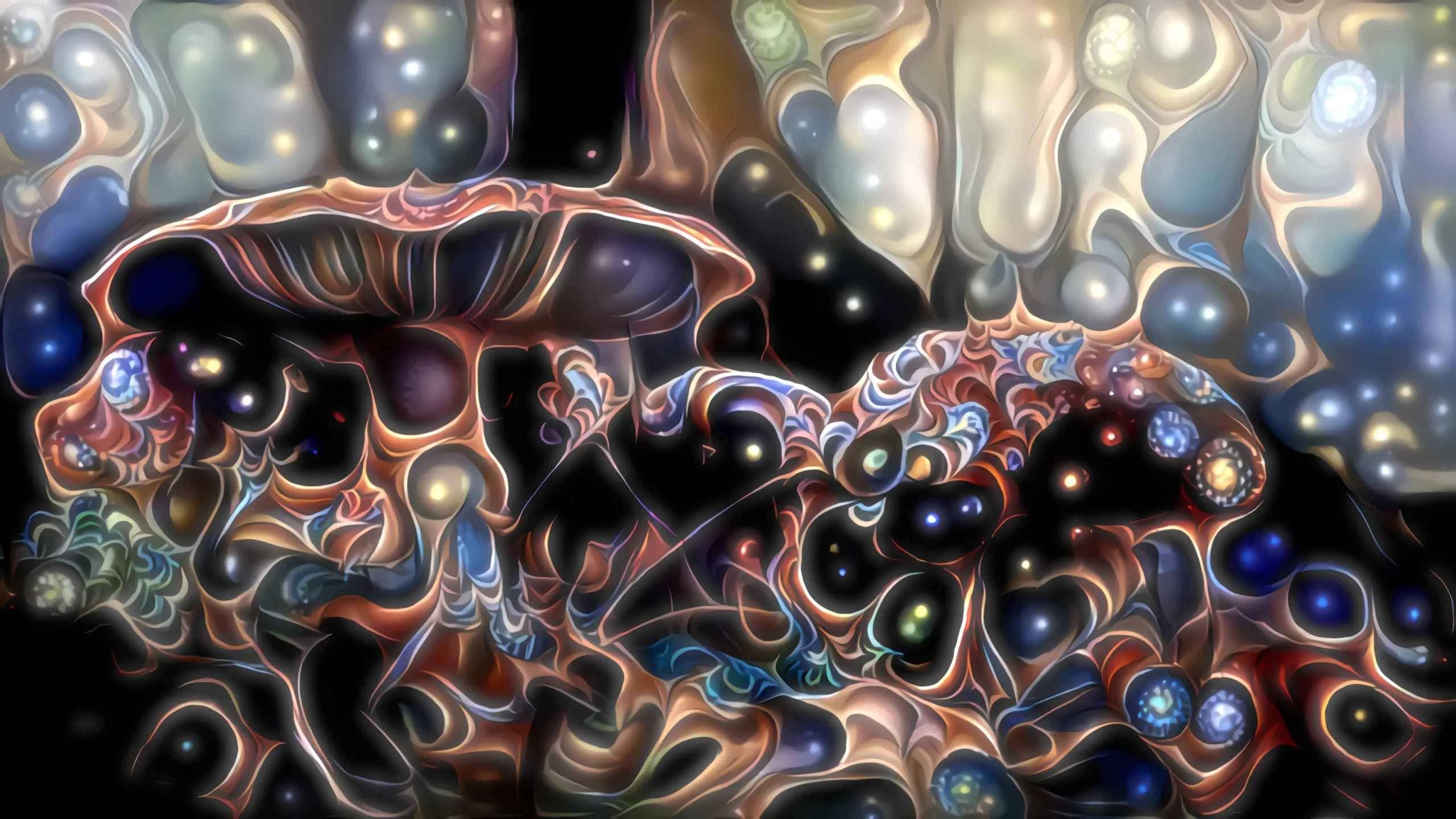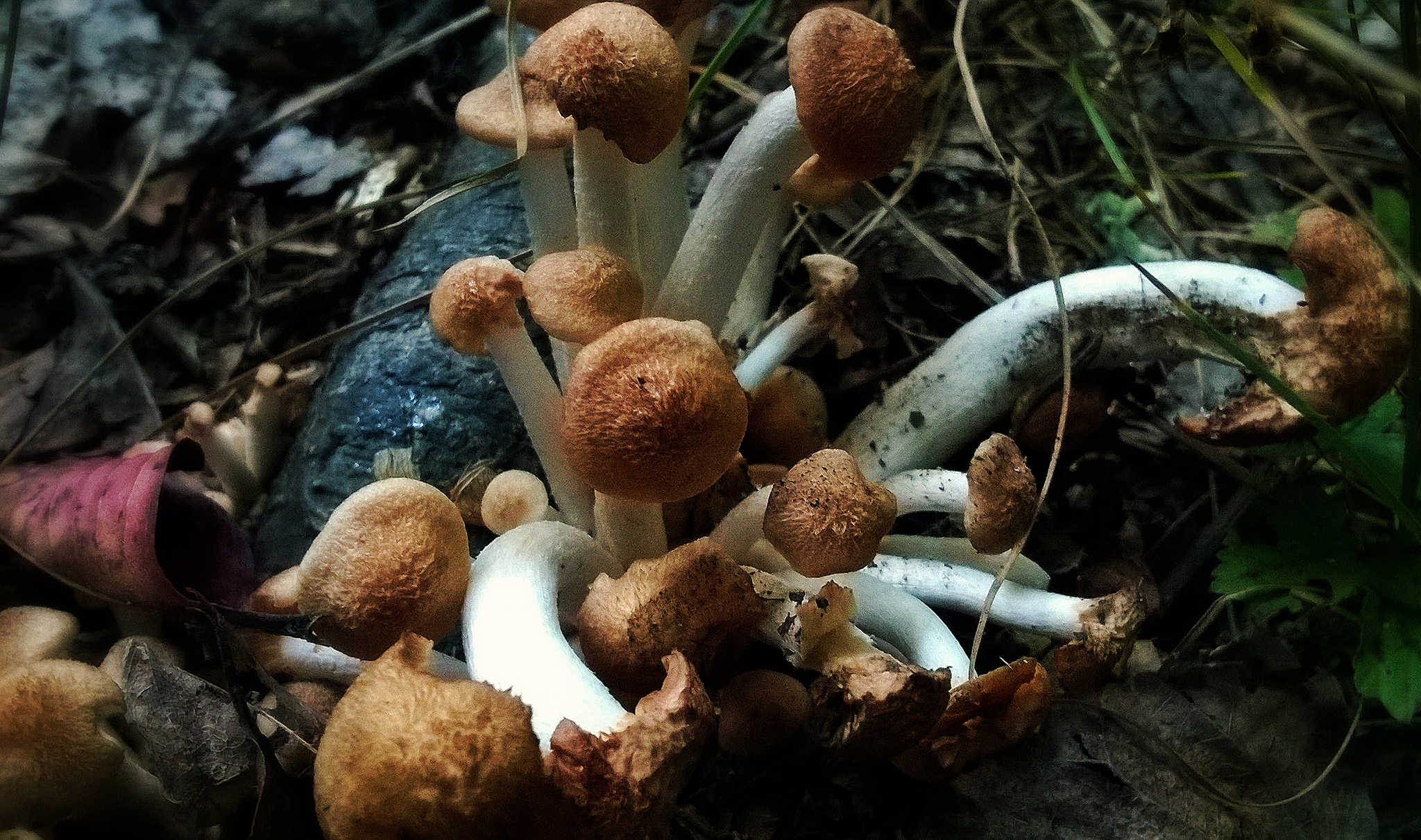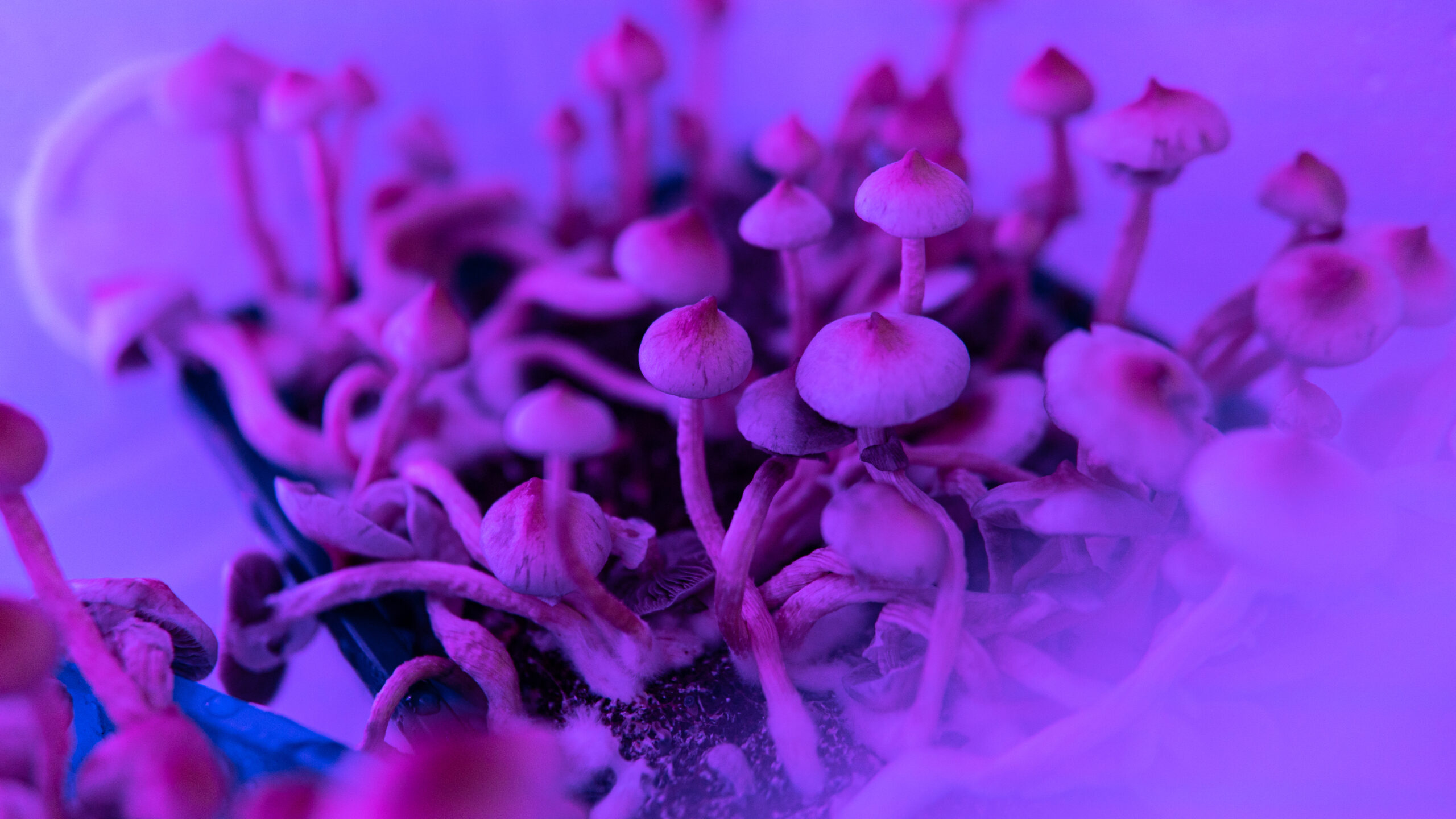News
Mind Unveiled: The Fascinating World of Psychedelic Research on Mental Health
Step into the extraordinary realm where science meets the psyche, exploring the captivating world of psychedelic research on mental health. In this journey of the mind, we delve into groundbreaking studies and revelations that are reshaping our understanding of how psychedelics can be harnessed for therapeutic purposes. Join us as we unravel the mysteries and unveil the potential of these mind-altering substances in the pursuit of mental well-being.
The Renaissance of Psychedelic Research: A Historical Overview

Embarking on a historical expedition into the resurgence of psychedelic research unveils a captivating narrative that spans decades of scientific exploration and societal evolution. The mid-20th century marked the heyday of psychedelic research, characterized by pioneers like Albert Hofmann, who synthesized LSD in 1938, and the subsequent widespread experimentation with psychedelics in the realms of psychiatry and psychology. However, the promising era came to an abrupt halt in the late 1960s due to political and societal factors, leading to a decades-long hiatus in psychedelic research. The recent renaissance, a term coined to describe the revitalization of psychedelic studies, began in the early 21st century. Pivotal moments, such as the establishment of institutions like the Multidisciplinary Association for Psychedelic Studies (MAPS), and the involvement of respected figures like Dr. Roland Griffiths at Johns Hopkins University, reignited scientific interest. The resurgence is marked by rigorous clinical trials exploring the therapeutic potential of psychedelics in treating mental health conditions. This historical overview not only retraces the footsteps of early pioneers but also underscores the contemporary commitment to unlocking the healing potential of psychedelics in the pursuit of mental well-being.
Psilocybin and Depression: Illuminating the Path to Healing
In the fascinating realm of psychedelic research, psilocybin, the psychedelic compound derived from magic mushrooms, has emerged as a beacon of hope in the treatment of depression. Researchers are delving into groundbreaking studies that illuminate the potential of psilocybin to offer a transformative path to healing for individuals grappling with depressive disorders. Through carefully controlled doses administered in clinical trials, scientists are exploring the unique therapeutic effects of psilocybin. The psychedelic experience induced by psilocybin has been reported to lead to a profound shift in consciousness, often described as a journey into the depths of one’s psyche. Preliminary results from studies suggest that this altered state of consciousness, guided by trained professionals, may facilitate introspection and emotional processing, allowing individuals to confront and navigate the root causes of their depression. The controlled and supportive environment of these clinical trials ensures that the experience is safe and purposeful. As researchers peer into this uncharted territory, the potential of psilocybin to offer novel avenues for mental health treatment, particularly in the realm of depression, is both promising and revolutionary.
Navigating the Waters of Anxiolytic Research

In the intriguing landscape of psychiatric research, the exploration of LSD (lysergic acid diethylamide) as a potential anxiolytic agent is unveiling promising insights into the treatment of anxiety disorders. Researchers are boldly navigating the intricate waters of anxiety, seeking innovative solutions beyond conventional pharmaceutical approaches. The controlled administration of LSD in clinical settings is emerging as a subject of keen interest, offering a unique perspective on mental health intervention. Initial studies suggest that LSD may influence the serotonin receptors in the brain, potentially leading to alterations in mood and anxiety levels. While the subject remains nuanced and requires rigorous investigation, there is growing optimism that carefully monitored doses of LSD may provide novel therapeutic avenues for individuals grappling with conditions such as generalized anxiety disorder. The exploration of LSD in the context of anxiety research signifies a departure from conventional methodologies, ushering in a new era where psychedelic compounds are considered potential tools to reshape the mental health landscape. As researchers delve deeper into the complexities of anxiety, the potential of LSD as an anxiolytic agent may open doors to transformative approaches in mental health treatment.
MDMA-Assisted Psychotherapy: A Beacon of Hope for PTSD
In the profound landscape of mental health, MDMA-assisted psychotherapy emerges as a beacon of hope, particularly for those navigating the harrowing terrain of post-traumatic stress disorder (PTSD). Extensive research studies illuminate the transformative potential of MDMA, commonly known as ecstasy, in catalyzing healing for individuals burdened by the deep wounds of trauma. Unlike conventional therapeutic approaches, MDMA-assisted psychotherapy doesn’t merely address symptoms but delves into the core of traumatic experiences, offering a unique and profound healing process. The compound’s psychoactive properties are believed to foster a heightened state of self-awareness, empathy, and emotional openness, allowing individuals to confront and process their traumatic memories in a supportive therapeutic setting. The therapeutic journey, guided by trained professionals, aims to create a safe space for individuals to revisit and reevaluate their traumatic experiences, leading to a potential reintegration and resolution. While ongoing research continues to refine protocols and explore the long-term efficacy, the initial findings present a promising avenue for those who have struggled to find relief through conventional treatments. MDMA-assisted psychotherapy stands as a beacon, casting light on new possibilities for individuals grappling with the debilitating impact of PTSD, offering hope for a future where healing is both profound and transformative.
Breaking Chains with Plant Medicine

Embark on a transformative journey into the realm of ayahuasca, a sacred plant medicine deeply rooted in South American shamanic practices. Modern research is shedding light on the profound potential of ayahuasca in breaking the chains of addiction, offering a distinctive and promising perspective on substance abuse treatment. Ayahuasca, traditionally consumed in ceremonial settings guided by experienced shamans, contains a powerful psychedelic compound known as DMT (N, N-Dimethyltryptamine). This psychoactive brew is renowned for inducing intense, introspective experiences that may lead to spiritual insights and emotional healing. Recent studies suggest that the therapeutic effects of ayahuasca extend beyond the mystical to the realm of addiction treatment. Plant medicine is believed to address the root causes of addictive behaviors by providing individuals with profound introspection and a heightened sense of self-awareness. It is thought to facilitate a transformative process, enabling individuals to confront and process past traumas, patterns of behavior, and the underlying emotional triggers of addiction. The unique combination of psychological, spiritual, and physiological effects of ayahuasca has captivated researchers, opening up new avenues for exploring its potential as a holistic and unconventional approach to addiction therapy. As contemporary science continues to unravel the mysteries of this ancient plant medicine, the prospect of breaking the chains of addiction with the guidance of ayahuasca presents an intriguing and hopeful path toward healing and recovery.
Psychedelics and Neuroplasticity: Rewiring the Brain for Resilience
Explore the connection between psychedelics and neuroplasticity, the brain’s ability to reorganize itself. Peer into studies that suggest psychedelics may have the remarkable ability to promote neuroplasticity, potentially paving the way for enhanced resilience and adaptive mental health.
Integration and Beyond The Future Landscape of Psychedelic-Assisted Therapy
Conclude our exploration by envisioning the future landscape of psychedelic-assisted therapy. Delve into the importance of integration—the process of making sense of psychedelic experiences—and how it plays a crucial role in maximizing the therapeutic benefits of these mind-expanding substances.
Embark on this fascinating journey through the realms of psychedelic research on mental health, where the mind is both the subject and the frontier. Join us as we navigate the waters of history, science, and healing, unveiling the potential of psychedelics in the pursuit of mental well-being.














